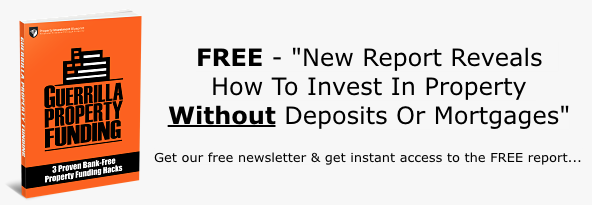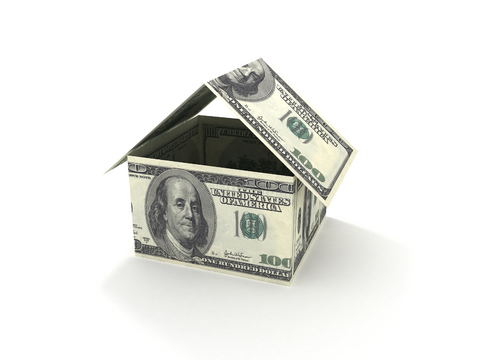
Property Cycle: Is Boom and Bust Just a Natural Part Of It?
Is boom and bust just a natural part of the property cycle?
There are very few areas in the world which have not experienced boom and bust in their local property markets over the years and despite government attempts to control property investment, boom and bust scenarios continue to develop to this very day. There is a general opinion amongst property investors that boom and bust is a natural cycle of the property market and indeed while it could be managed better there will always be highs and lows to a certain extent.
What causes the boom and bust scenarios that we have seen in so many countries around the world?
Fear and greed
Despite the fact there are statistics, we have reports from the ground and we have past experiences to fall back on, fear and greed are two of the main components of any investment market which includes the property sector. The fear that investors are missing out or may lose more money if they hold on, the greed that they do not want to sell at the "fair value level" or indeed the greed when they feel they are missing out and want to jump onto the "easy money" property bandwagon – at whatever cost.
Fear and greed are very human emotions and despite ongoing attempts to reduce their influence on investment markets they will be around forever and a day. There is not one investment market you could point at which has not at some stage suffered from fear and greed to extreme lengths.
Controlling property markets
There are various ways to control property markets which include adjusting tax rates, adjusting entry requirements to the marketplace and also adjusting interest rates. The problem is that, interest rates aside, adjusting entry requirements and tax rates connected to any one property market will effectively take away the "free market" element which attracts international investors looking for reduced risk. Therefore, in reality all we really have is government policies and government control of base rates as a means of influencing the property cycle in the short to medium term.
One of the major factors affecting property markets such as those in the UK is that for many years now governments have manipulated supply so that demand is always greater. This ensures continuous long-term growth in the property market and reduces overcapacity which can have a detrimental impact upon prices. However, when property markets are in vogue the general lack of supply can have a massive impact upon property prices squeezing them higher and higher.

Property investors
There are three real types of property investor, short-term investors, medium-term investors and long-term investors. They have a very different impact upon the worldwide property market as short-term investors can influence major swings in property prices and lead to so-called "hot spots" and very quickly, after they dispose of their properties, this can lead to a significant downfall. Medium to long-term investors tend to ride the short-term waves but sometimes the short-term waves can influence medium term performance thereby introducing a greater fear factor.
Pension funds across the world invest heavily, directly and indirectly, into the property market and these to some extent offer a calming influence in the longer term. There are some enormous property funds around the world and many of these are linked to long-term pension plans which thereby gives the investment manager the ability to look perhaps more long-term than those who are investing their own funds directly. Property has been and continues to be an integral part of the worldwide economy and when you bear in mind that the vast majority of personal wealth is in some shape or form tied up in property, it is also a long-term indicator of worldwide economic performance.
Conclusion
In many ways boom and bust scenarios of the property cycle are very commonplace and a natural process in the long-term performance of this investment sector. Very often localised property markets will get overbought, and overheat, as well as oversold, and prices fall to "below fair value". It is therefore imperative that when looking at property investment you take a long-term view on the assets you are acquiring and while this does not mean you could not sell in the short to medium term, if you might be forced to sell in the short term to raise funds then perhaps you are in the wrong sector?
Author profile
Mark Benson is editor of PropertyForum.com. Whether you are looking at the latest mortgages, maybe considering some DIY, looking overseas or just curious about the latest trends in the property market, checkout the Property Forum for more information.
<< Back to Property Investment Articles from Property Cycle: Boom and Bust
<< Back to Property Investment Blueprint from Property Cycle: Boom and Bust



